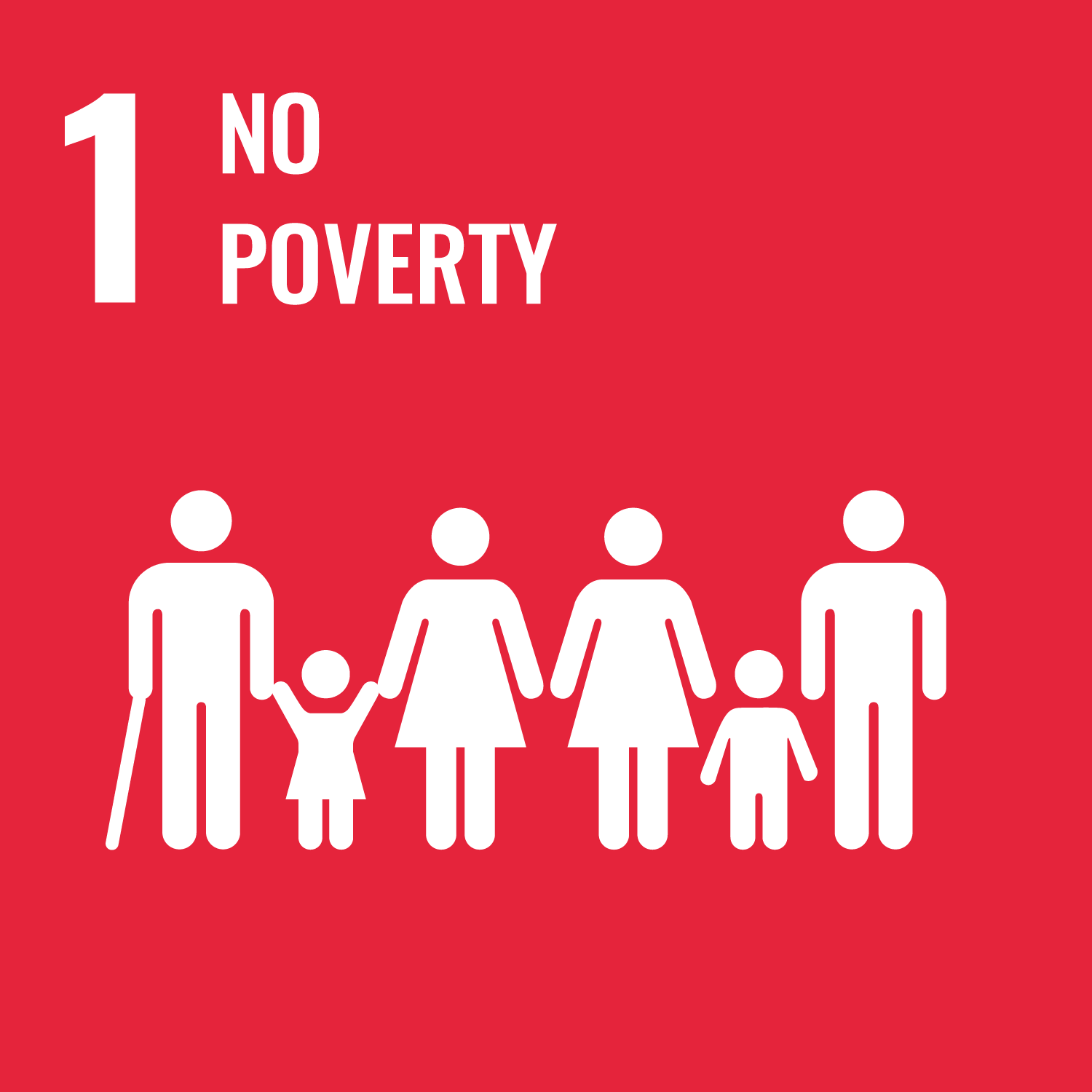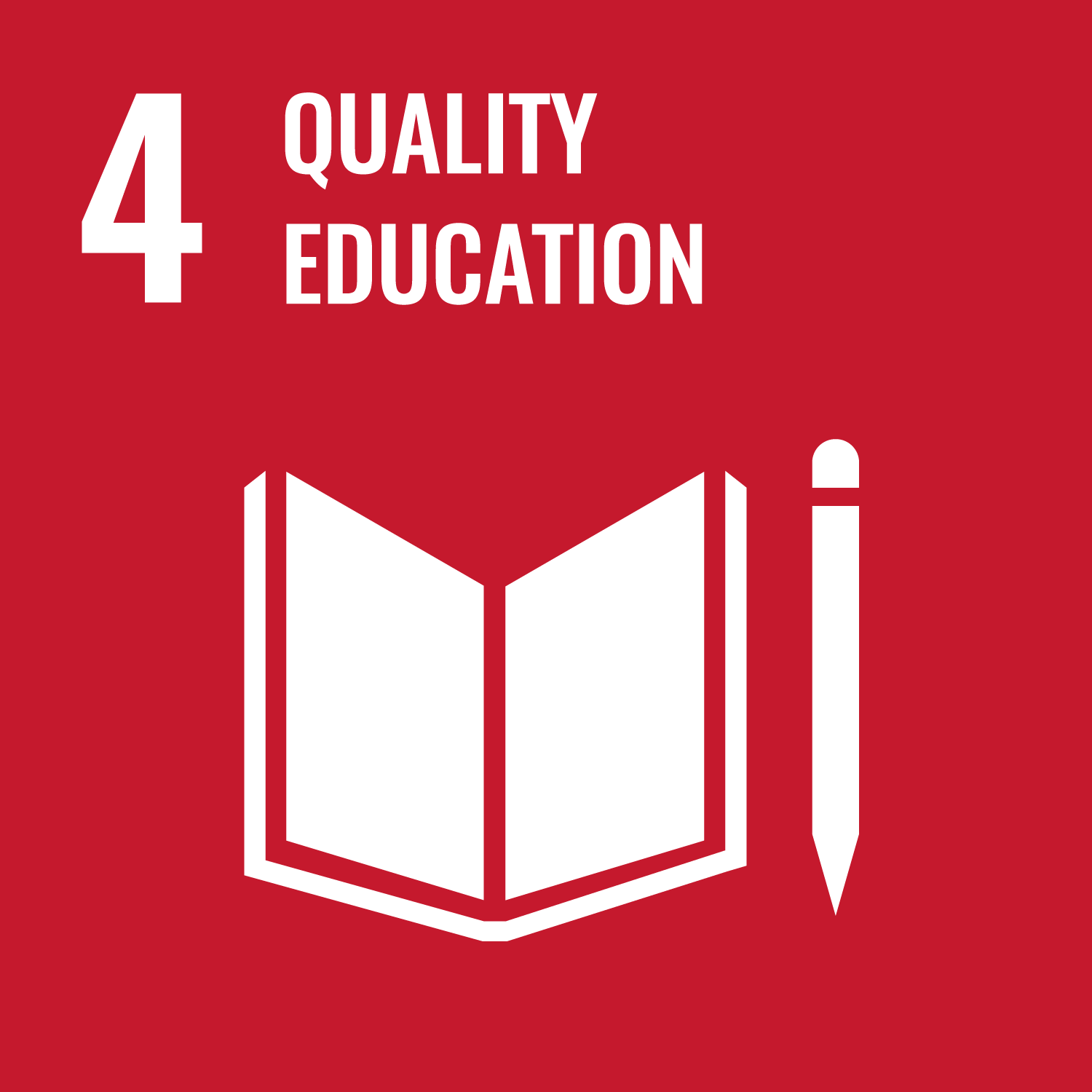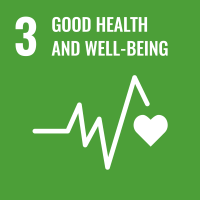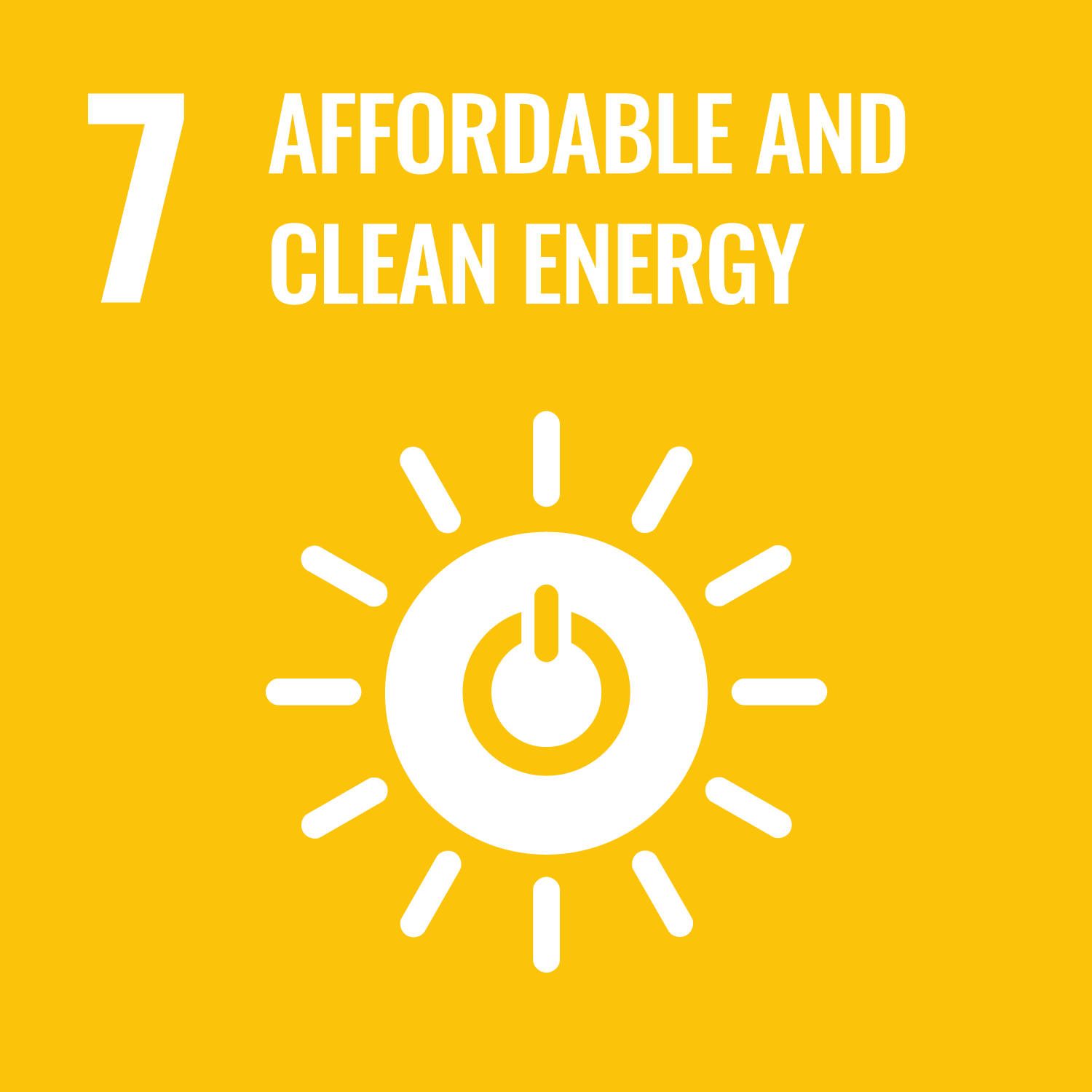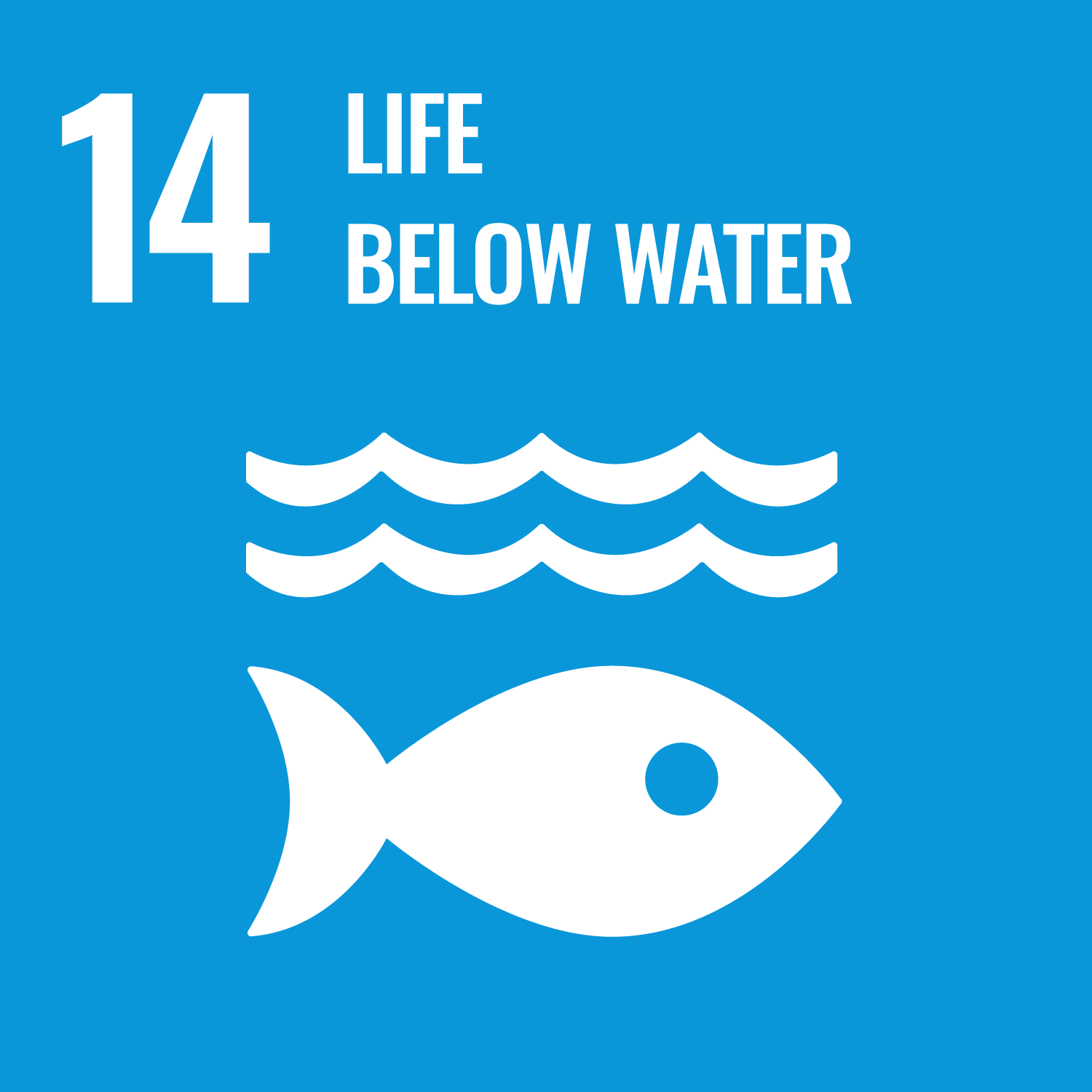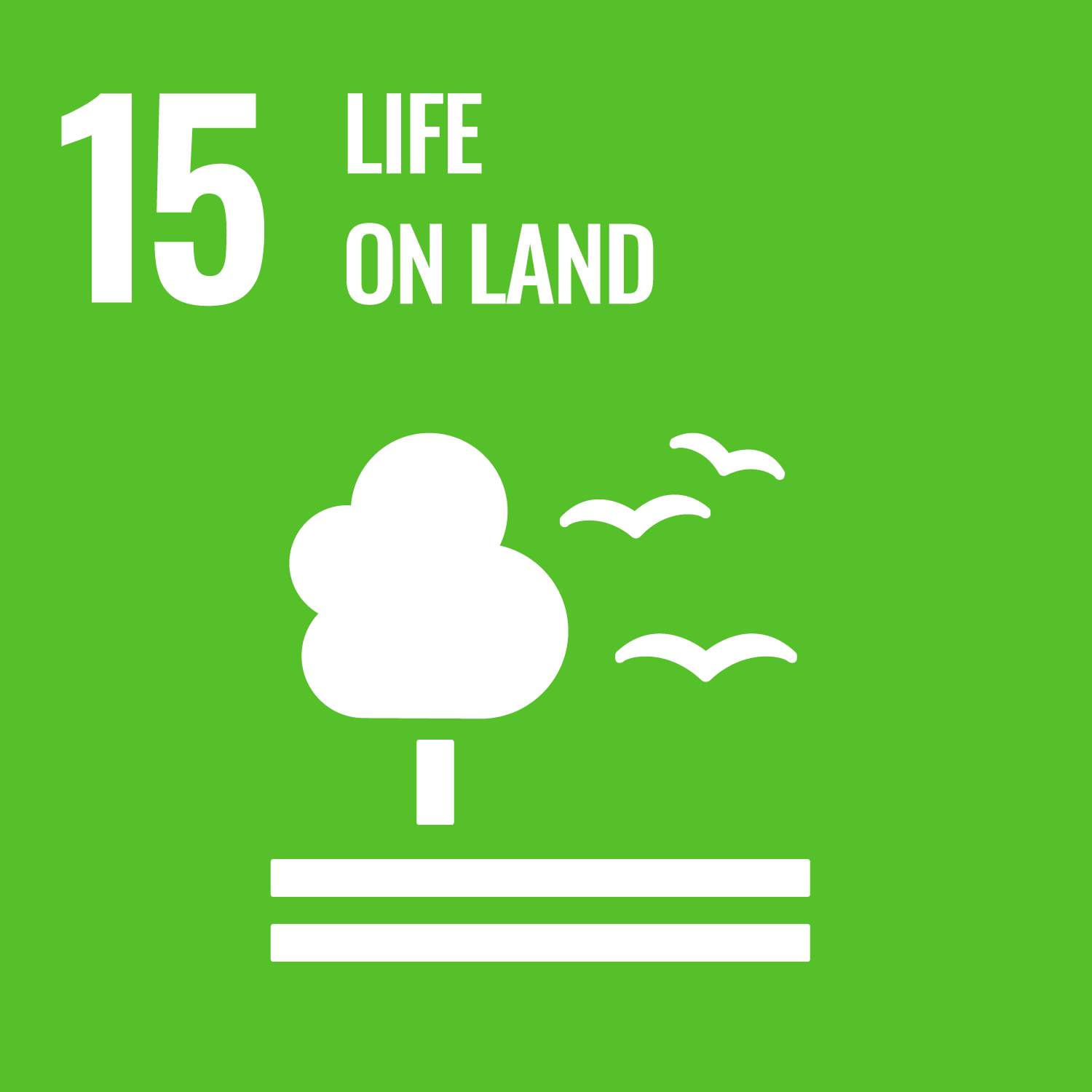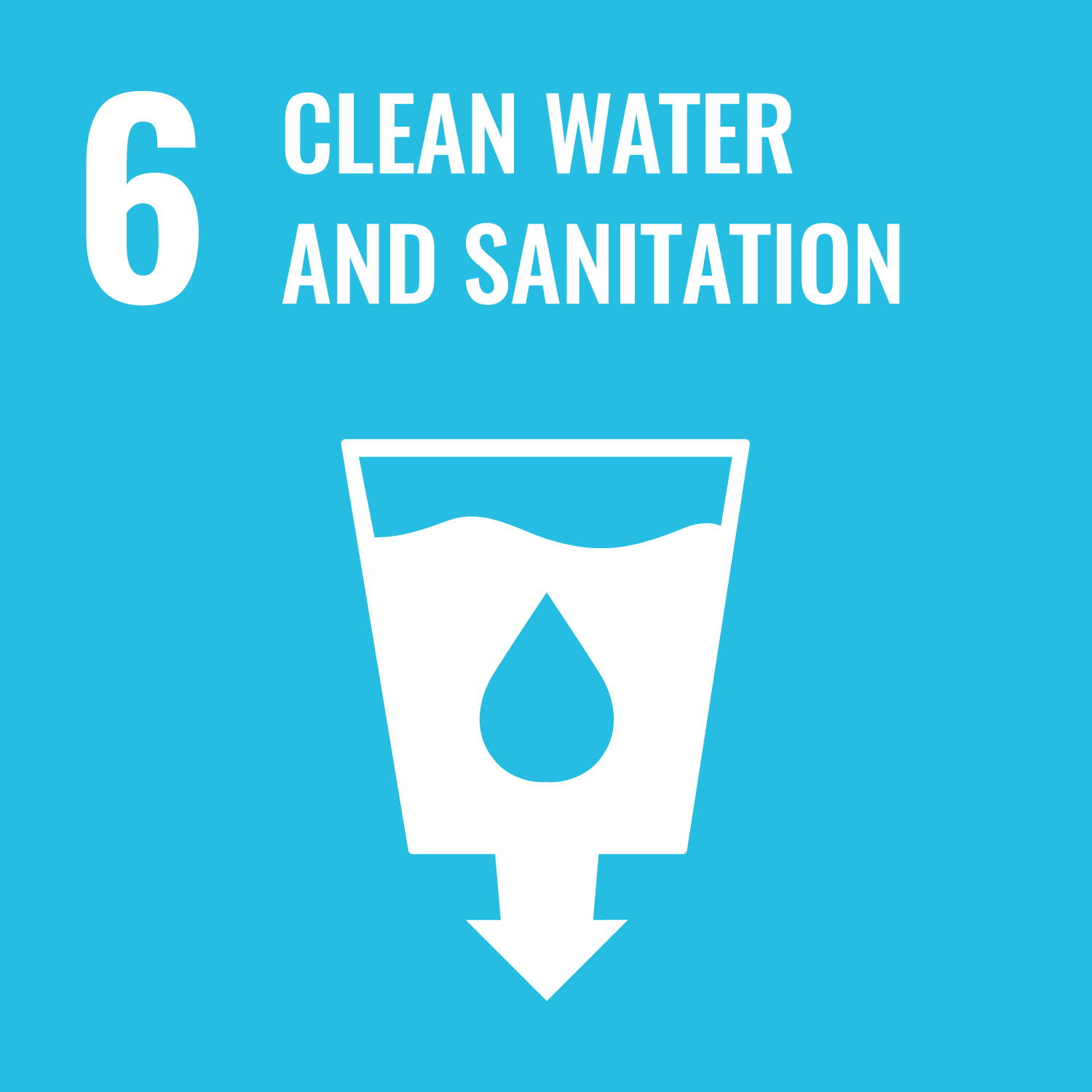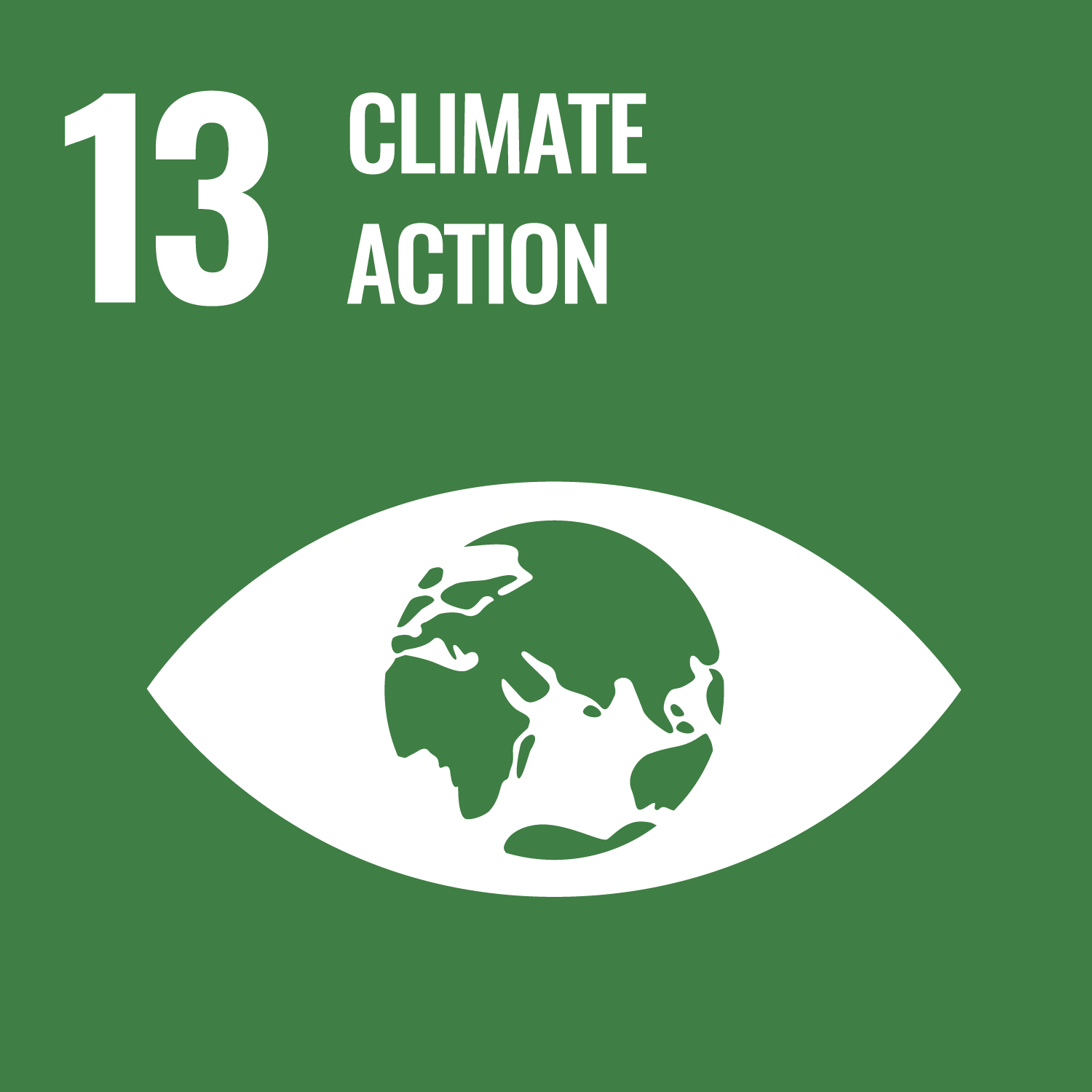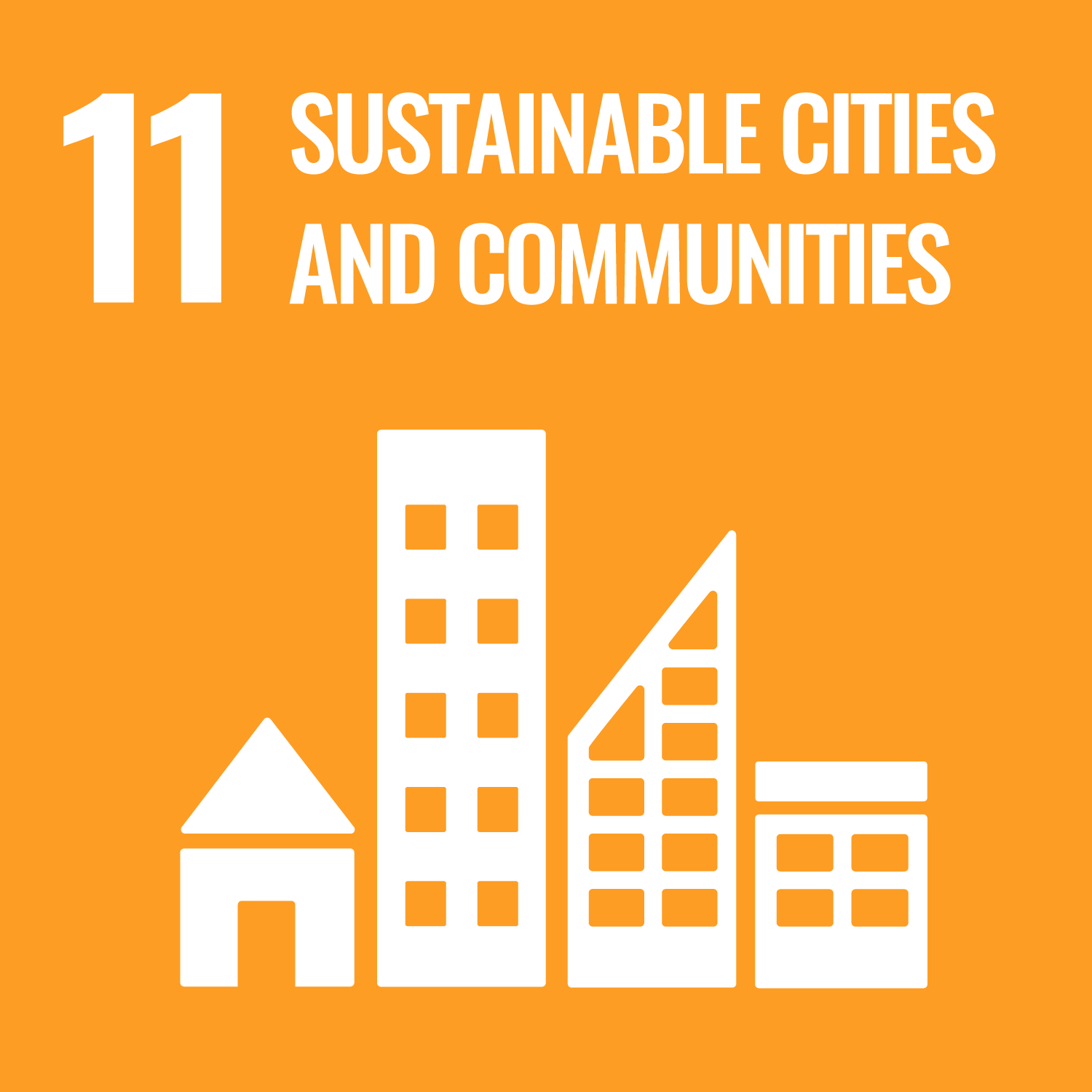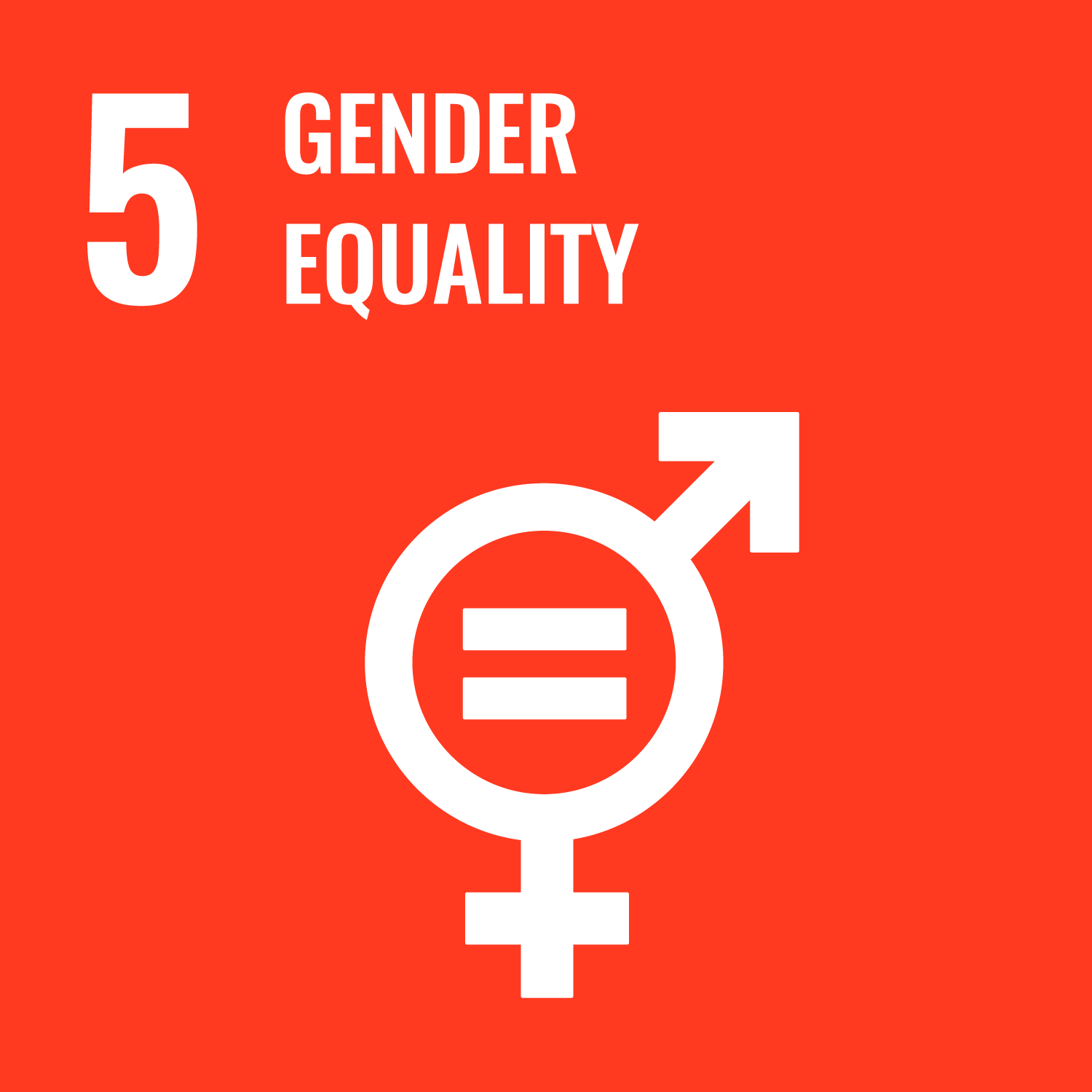SDG impacts of our projects
Photo credit: Juliana Hoch, Brazil
The United Nations adopted 17 Sustainable Development Goals (SDGs) to end poverty, fight inequality and injustice, and tackle climate change by 2030. Achieving the SDGs will take everyone’s contribution, including government, civil society and business.
As the largest global pure-play sustainability consultancy, we work alongside our clients to address their most pressing sustainability challenges, creating innovative solutions and unlocking commercial opportunities that meet the needs of today while preserving opportunity for future generations.
The table below provides a snapshot of ERM’s contributions to the SDGs through our work with clients. For information on the contributions we make within our own operations and in collaborating with others, see Our operations & the SDGs and Collaborations supporting SDGs. A downloadable summary of our contributions to the SDGs is available in the Download center.
For more details on the progress made through the ERM Foundation, visit the ERM Foundation Annual Review.
| ERM services | Corresponding SDGs | SDG 2030 targets | FY21 progress |
|
Projects across ERM services
|
|
1.5 Build the resilience of the poor and those in vulnerable situations and reduce their exposure and vulnerability to climate-related extreme events and other economic, social and environmental shocks and disasters. 4.7 Ensure that all learners acquire the knowledge and skills needed to promote sustainable development, including, among others, through education for sustainable development and sustainable lifestyles, human rights, gender equality, promotion of a culture of peace and non-violence, global citizenship and appreciation of cultural diversity and of culture’s contribution to sustainable development.
|
ERM's projects across services can have a positive impact on the poor and vulnerable by reducing exposures to environmental, health and safety risks, from our work with clients to support business resilience and low carbon economy transition to social and environmental assessments and health, safety and well-being programs.
ERM projects can include a sustainability-related educational component for our clients' employees and other stakeholders, including members of local communities, suppliers and contractors, among others. |
|
Capital project delivery
|
|
3.9 By 2030, substantially reduce the number of deaths and illnesses from hazardous chemicals and air, water and soil pollution and contamination. 7.2 By 2030, increase substantially the share of renewable energy in the global energy mix. 9.1 Develop quality, reliable, sustainable and resilient infrastructure, including regional and trans-border infrastructure, to support economic development and human well-being, with a focus on affordable and equitable access for all. 14.1 By 2025, prevent and significantly reduce marine pollution of all kinds, in particular from land-based activities, including marine debris and nutrient pollution. 15.2 Promote the implementation of sustainable management of all types of forests, halt deforestation, restore degraded forests and substantially increase afforestation and reforestation globally. |
ERM's Air Quality Technical Community provides innovative solutions to challenges related to air permitting and compliance, air quality impact assessment, health risk assessment, air monitoring and measurement, and air pollution control engineering. Our Energy and Climate Change technical community supports renewable energy projects across sectors and geographies. Impact Assessment services include development of sustainable infrastructure through: project feasibility, siting, routing and planning. Environmental, social, health and sustainability services involve mitigation, monitoring, systems and management during construction, operation and decommissioning. Our global team of natural resource practitioners, including terrestrial, freshwater, and marine ecologists and scientists, provide expertise in conducting marine, freshwater, and terrestrial biodiversity field studies; conducting ecological impact assessments; developing species and habitat management plans; designing ecological restoration plans; and developing strategies for ecological offsets. ERM's Marine Systems Technical Community provides expertise related to our client’s activities on the coast or in the world's seas and oceans. Biodiversity experts identify and develop measures to reduce potential impacts on aquatic and terrestrial habitats. |
|
Environmental, health & safety (EHS) management & compliance
|
|
6.3 By 2030, improve water quality by reducing pollution, eliminating dumping and minimizing release of hazardous chemicals and materials, halving the proportion of untreated wastewater and substantially. 6.5 By 2030, implement integrated water resources management at all levels, including through transboundary cooperation as appropriate. 10.3 Ensure equal opportunity and reduce inequalities of outcome, including by eliminating discriminatory laws, policies and practices and promoting appropriate legislation, policies and action in this regard. |
Regulatory experts promote compliance with air, water and waste regulations and permits, including integrated water management projects. EHS strategy services address social, legal and other requirements into core business processes, including diversity, equity, equality and inclusion as well as stakeholder engagement. |
|
Operational performance
|
|
8.3 Promote development-oriented policies that support productive activities, decent job creation, entrepreneurship, creativity and innovation, and encourage the formalization and growth of micro-, small- and medium-sized enterprises, including through access to financial services. |
Impact assessment services include development of sustainable infrastructure and job creation through project feasibility, siting, routing and planning. Compliance experts help businesses maintain compliance and remain viable employers.
|
|
Corporate sustainability & climate change
|
|
12.6 Encourage companies, especially large and transnational companies, to adopt sustainable practices and to integrate sustainability information into their reporting cycle. 13.1 Strengthen resilience and adaptive capacity to climate-related hazards and natural disasters in all countries. |
ERM works with leading organizations to address complex sustainability challenges and create long-term value by clarifying strategic direction, driving organizational change, and enhancing transparency and the robustness of public disclosures. Air quality permitting and compliance, carbon management, energy and operational efficiency, and climate risk are increasingly important to the world and to our clients’ business objectives. |
|
Liability portfolio management & remediation
|
|
3.9 By 2030, substantially reduce the number of deaths and illnesses from hazardous chemicals and air, water and soil pollution and contamination. 11.6 By 2030, reduce the adverse per capita environmental impact of cities, including by paying special attention to air quality and municipal and other waste management. |
Decommissioning, decontamination and demolition services support the mitigation and remediation of potential risks to human health and the environment. ERM's human health and ecological risk assessment community provide toxicological studies, statistical studies, and bioaccumulation studies. Health and safety experts promote well-being in the workplace. |
|
Product stewardship
|
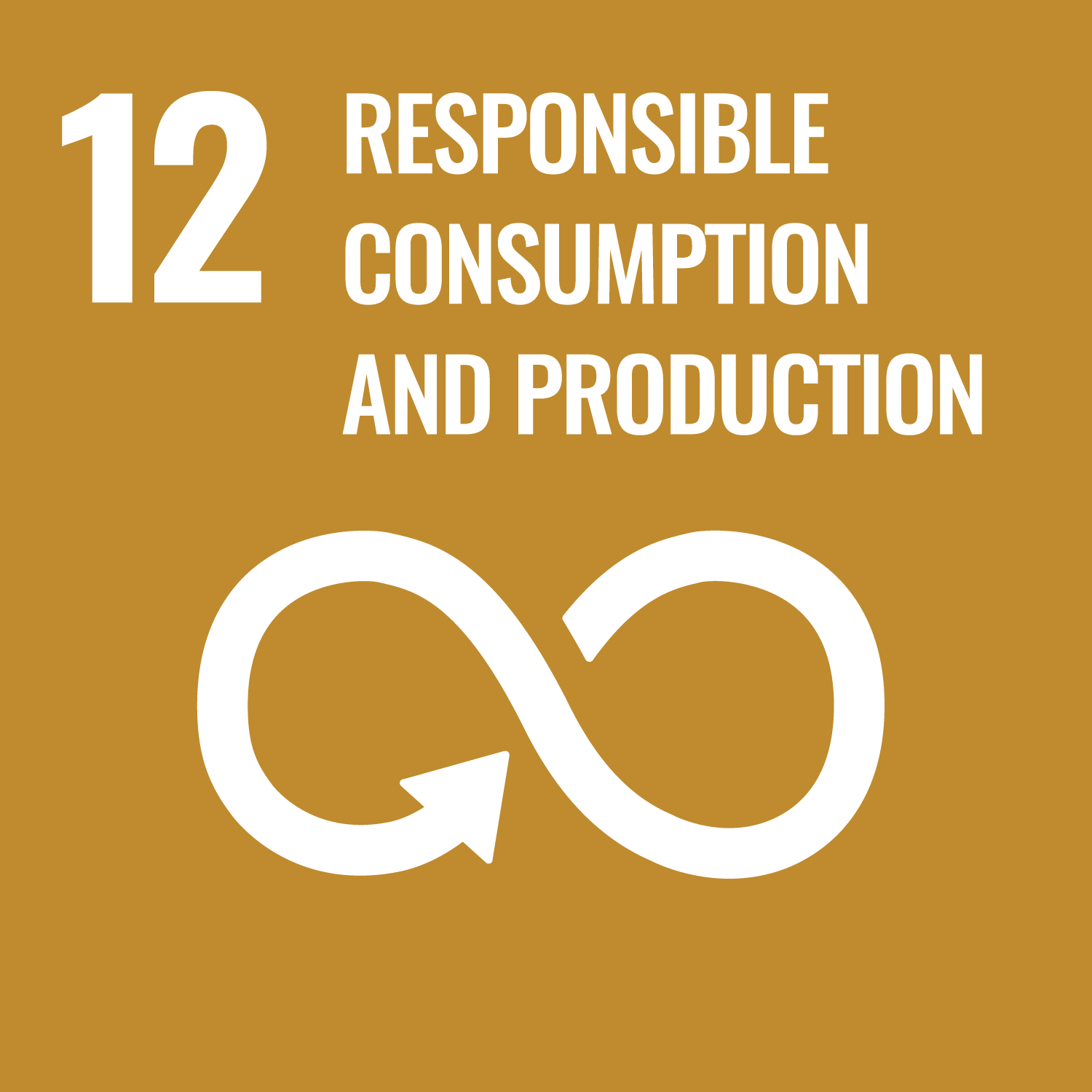 |
12.2 By 2030, achieve the sustainable management and efficient use of natural resources. 12.5 By 2030, substantially reduce waste generation through prevention, reduction, recycling and reuse. |
Product sustainability can give a company competitive advantage. Innovation to incorporate green chemistry satisfy customer demands for safer materials, or participate in the circular economy helps improve stewardship of natural resources, reduce waste generation and promote reuse and recycling. |
|
Digital service
|
 |
9.5 Enhance scientific research, upgrade the technological capabilities of industrial sectors in all countries, in particular developing countries, including, by 2030, encouraging innovation and substantially increasing the number of research and development workers per 1 million people and public and private research and development spending. | Our technical experts develop innovative solutions for environmental, social and sustainability challenges based on the latest science and technology. Our experts integrate digital approaches to make processes more automated, efficient, connected and intelligent. |
|
Mergers & acquisitions
|
|
5c. Adopt and strengthen sound policies and enforceable legislation for the promotion of gender equality and the empowerment of all women and girls at all levels. 16b. Promote and enforce non-discriminatory laws and policies for sustainable development. |
EHS strategy and social consulting experts integrate social, legal and other requirements into core business processes, including diversity, equity, equality and policies that promote sustainable development.
|
|
Safety services |
 |
8.8 Protect labor rights and promote safe and secure working environments for all workers, including migrant workers, in particular women migrants, and those in precarious employment. | Our health and safety consultants help clients to move beyond traditional compliance and corrective programs to safeguard lives, protect assets and strengthen reputation. |

